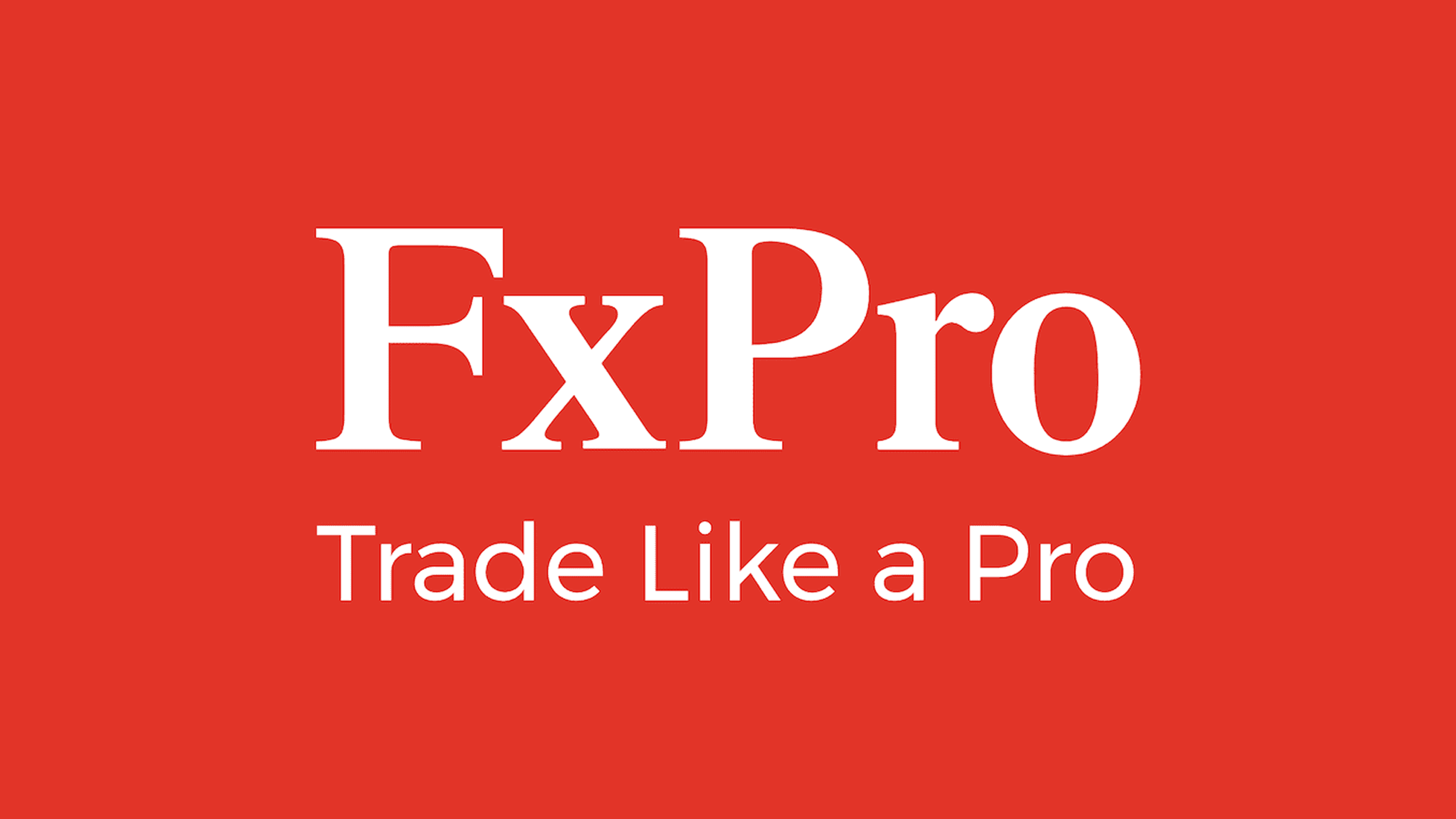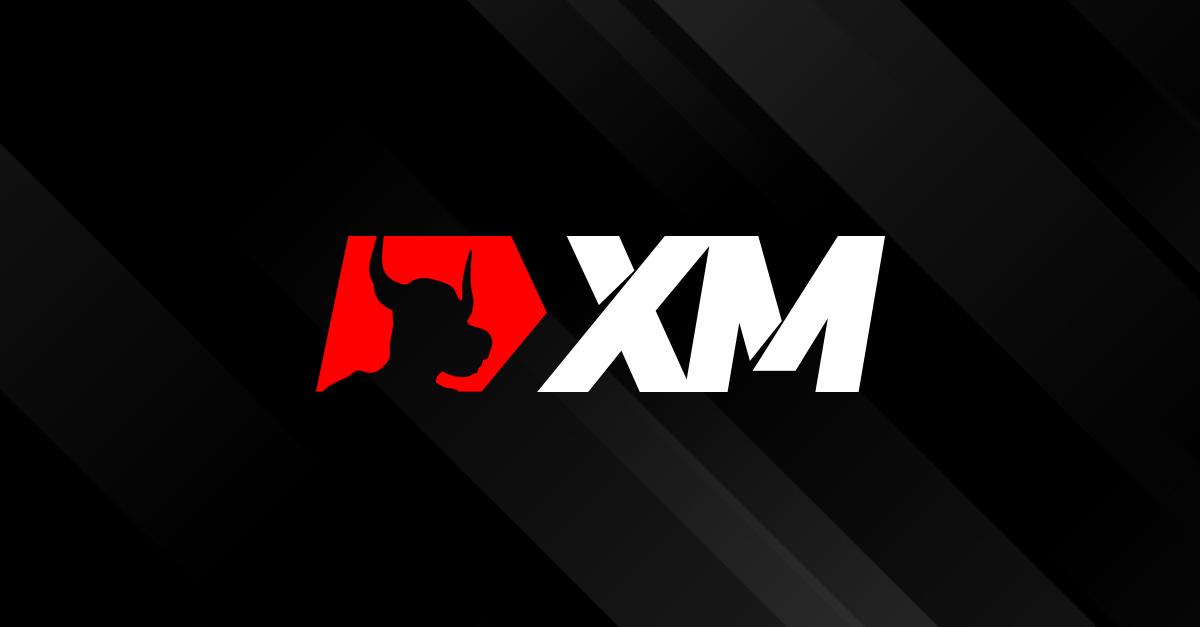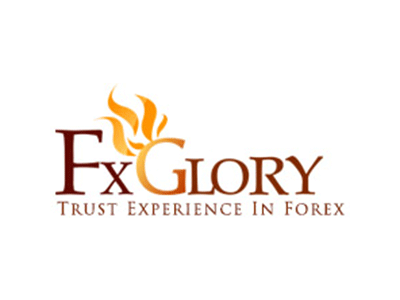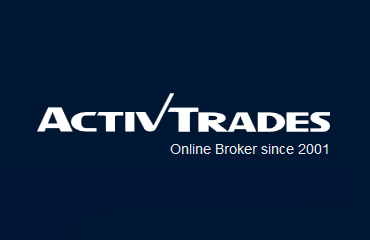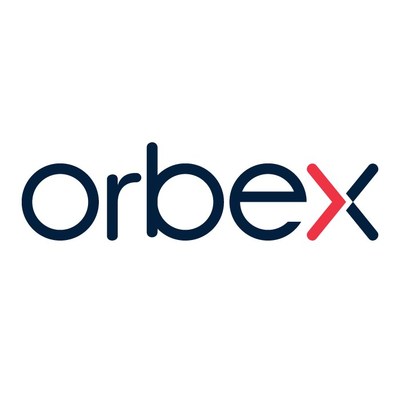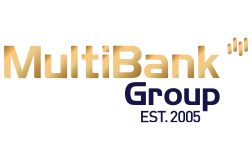The content provided is a direct translation and may not be specifically tailored for
users in your country. Products and services may be restricted or adapted to comply
with local regulatory requirements and jurisdictions.
France is recognized as one of the most influential countries in the world and plays a crucial role in the strengthening of the Euro. While numerous countries in the Eurozone contribute to the well-being of the EU, France stands out for its robust economic policies and regulatory framework guidelines. This is also evident in Forex trading, with about 20% of the total FX transactions in the EU being conducted by this European nation. Given France’s significant impact on market volatility, major global Forex brokers have seized the opportunity to offer their services. Additionally, there are local French Forex brokers regulated by the Autorité des Marchés Financiers (AMF). This central regulatory authority operates under MiFID, an EU directive that ensures a uniform financial code of conduct across all Eurozone countries. Check out the table below to find out more information about French Forex Brokers.
Brief History of Forex Trading in France
Forex trading in France has a long history, with French traders having engaged in currency trading for decades. Initially, currency trading was conducted over the telephone due to the lack of advanced technology. Traders had to call their brokers to place orders, making the process cumbersome. With the advent of automation and online trading platforms, the number of individuals trading currencies in France has surged. Today, Forex trading in France is predominantly conducted online, involving key stakeholders such as the Banque de France (France’s central bank), approved banks, Forex brokers, hedge funds, institutional investors, and investment companies.
The rapid growth of Forex trading in France can be attributed to the popularity of multi-bank Forex portals. These platforms have gained significant traction, facilitating easier and more efficient trading. However, this growth has also presented challenges. For instance, the LIBOR scandal of 2013, which involved manipulation of the LIBOR rate for profit, implicated several major traders and Forex brokers, raising concerns about the integrity of the French market.
Regulation of Forex Trading in France
The primary regulatory body overseeing Forex trading in France is the Autorité des Marchés Financiers (AMF). Established to regulate and streamline the trading of currencies, the AMF supervises various financial entities, including financial providers, banking institutions, AMF-regulated Forex brokers, and insurance firms. The AMF is an independent organization funded by the fees and fines it collects, ensuring impartiality in its regulatory decisions.
As part of the Eurozone, France adheres to the MiFID (Markets in Financial Instruments Directive), which sets a uniform financial code of conduct across EU countries. However, individual countries have some flexibility in their regulatory approach. French regulations have traditionally been stringent, requiring brokerage firms to trade only with companies they have direct relationships with. Recently, these rules have been relaxed to allow new and foreign Forex brokerage companies to enter the market.
Some of the key regulatory requirements include:
– Anyone offering financial services on a commercial scale must hold written authorization from the AMF, meaning they should be licensed by the organization.
– Forex brokers must have sufficient capital for starting their operations, which should always be available and not borrowed.
– The minimum operating capital required for financial institutions trading for their account is around €730,000. For firms that do not trade but offer financial services, the minimum operating capital is around €125,000.
Under MiFID, Forex brokers in France must:
– Be regulated, licensed, and authorized to operate in the specific countries where they offer their services.
– Classify clients into three categories: eligible clients, professional traders, and retail clients, to provide appropriate services and protection.
– Collect relevant information about clients when accepting orders to ensure proper handling and aggregation.
– Ensure the best possible execution of all orders, considering factors like execution speed, cost, and settlement likelihood.
– Adhere to a transparency code, publishing useful information for clients, such as the five best price levels on the buying and selling sides.
Features of Forex Brokers in France
Deposit Methods
France’s advanced technology and banking sector provide Forex traders with various deposit options. French brokers accept several deposit methods, including debit and credit cards, eWallets, and wire transfers.
Trading Platforms
Many Forex brokers in France use generic platforms like MT4, known for its comprehensive charting tools and expert advisor capabilities. Other popular platforms include cTrader and Sirix, available as web apps, desktop clients, and mobile platforms. Some brokers also develop their apps to provide news, information, and technical and fundamental analysis updates.
Spreads and Commissions
French Forex brokers typically do not charge commissions on trades, opting instead to charge a spread, which varies depending on the currency pair. Some brokers may charge a commission for CFD trading services.
Customer Service
High-quality customer service is essential for Forex brokers, especially since many do not have physical locations in all countries. French brokers offer efficient and knowledgeable customer service in French and often in English and other common languages. Their platforms and websites are also localized, translated into French.
Alternative to Local French Forex Brokers
Regulations on local Forex brokers in France can make it challenging for local companies to set up brokerage firms. However, these regulations ensure that only qualified brokers offer services, providing a safe trading environment. As part of the EEA agreement, French traders can trade with Forex brokers from other EU countries, even if they do not have a valid AMF license. These brokers are regulated by MiFID, holding them accountable for their actions. While international brokers not regulated by the AMF or MiFID are not encouraged, French authorities do not impose restrictions on trading with them, unlike some other jurisdictions.
Popular Forex Brokers in France
FP Markets
Founded in 2005, FP Markets has established itself as a global leader in Forex trading. Known for its wide range of trading instruments and competitive spreads, FP Markets offers both demo and live accounts, catering to novice and experienced traders alike. The broker provides several trading platforms, including mobile platforms for iPhone and Android, and features a social trading platform where beginners can learn from and emulate professional traders. FP Markets also offers real-time information and news, benefiting all currency traders.
AvaTrade
AvaTrade is a reputable brokerage company offering Forex and CFD trading. Suitable for French traders, AvaTrade is regulated by CySEC and licensed to operate by the FCA and other EEA regulatory bodies. The broker offers training courses and webinars for beginners, along with personal account managers and trading specialists for all clients. AvaTrade features four trading platforms, ensuring that every type of trader can find a suitable option.

